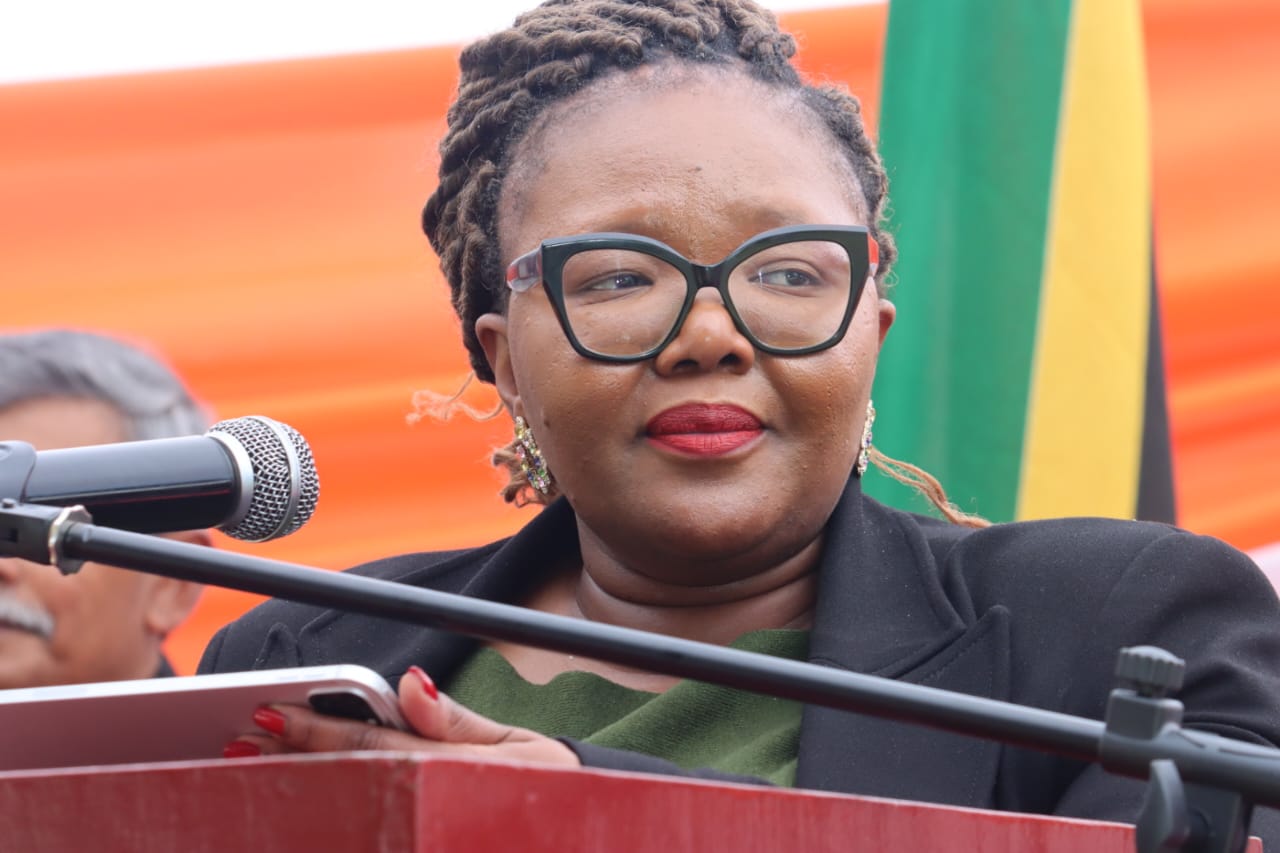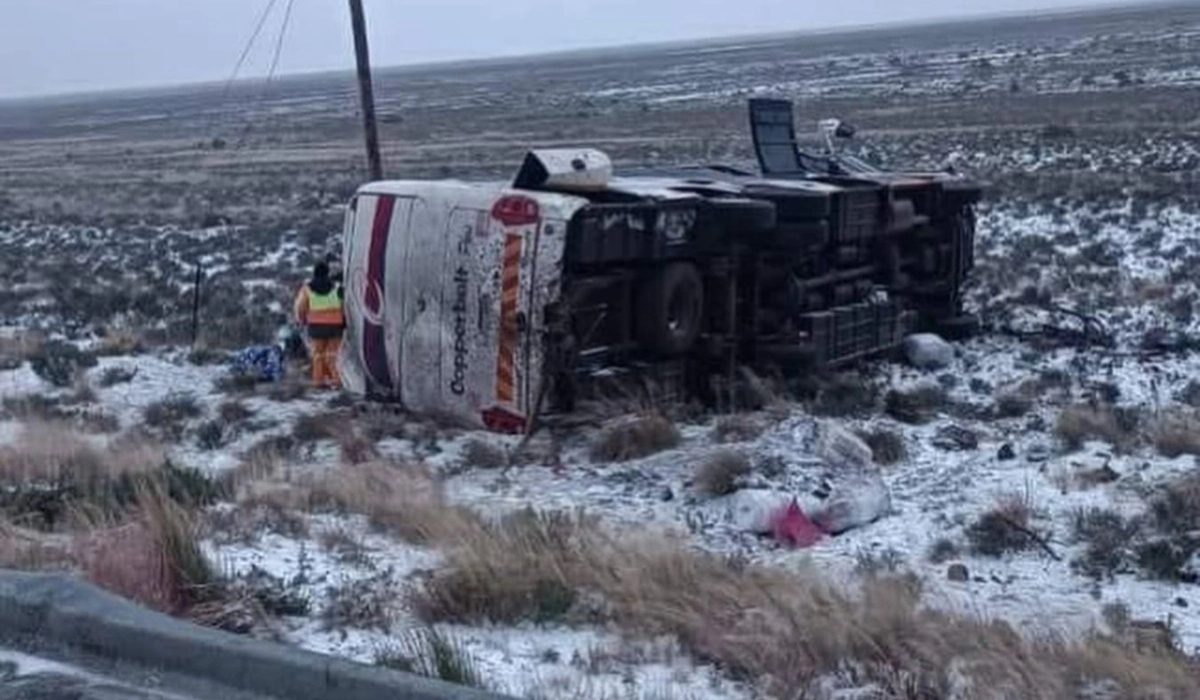
Minister Gwarube says the president can hire and fire, that’s his prerogative! As the December 13 deadline approaches for resolving disputes over the Basic Education Laws Amendment (BELA) Bill, Minister of Basic Education Siviwe Gwarube has officially submitted her recommendations to President Cyril Ramaphosa.
The contentious bill, particularly its clauses 4 and 5, which deal with language and admission policies in schools, has sparked political and public debate. It is now up to the president to decide on the way forward.
The BELA Bill and its Controversial Clauses
The BELA Bill, aimed at reforming aspects of South Africa’s education system, has faced resistance over clauses that address how schools manage language and admission policies.
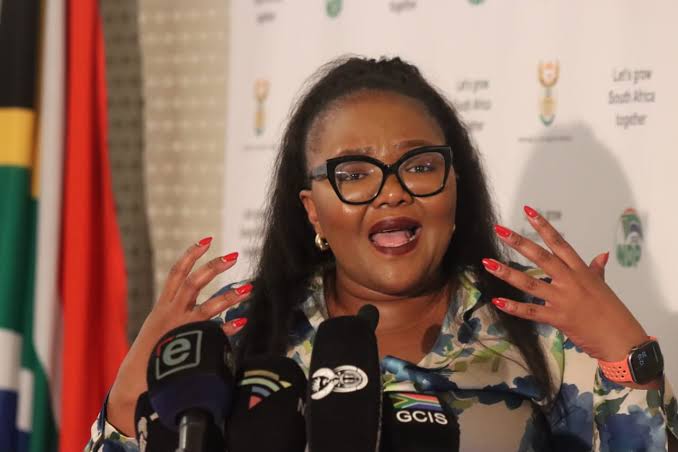
While proponents of the bill argue that it promotes inclusivity and equal access to education, critics have raised concerns about its potential impact on the autonomy of schools and the lack of legal clarity in its implementation.
Minister Gwarube’s submission reportedly supports the general implementation of the BELA Bill but acknowledges gaps that require further legal clarification.
This position aligns with her statements during discussions with the National Economic Development and Labour Council (NEDLAC), where she sought to evolve an agreement addressing specific legal concerns rather than outright rejecting the bill.
Political Tensions and Pressure on the President
President Ramaphosa faces mounting pressure from within the African National Congress (ANC) and other political factions over the handling of the BELA Bill. Reports suggest that some ANC members have urged the president to dismiss Gwarube, alleging that her actions have created unnecessary controversy. However, these claims have been dismissed by others within the party as a symptom of broader succession battles brewing within the ANC.
The Sunday Times recently reported that the president is under immense pressure to take decisive action against Gwarube. However, several ANC insiders argue that firing her would be a mistake, given the nuanced nature of her involvement in the NEDLAC process and the broader context of the government’s coalition arrangements.
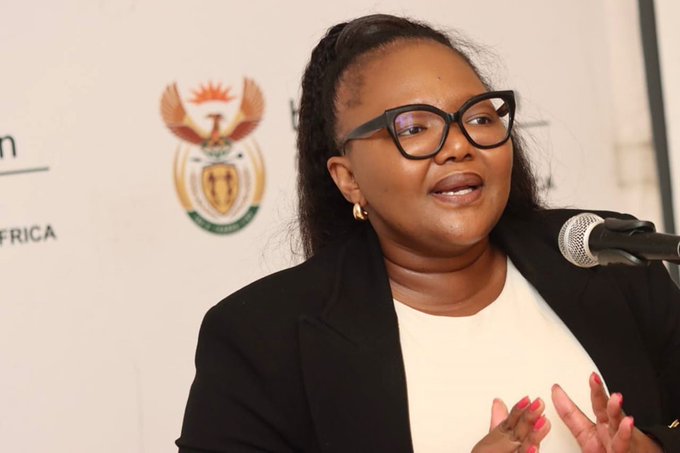
Minister Gwarube Responds to the Criticism
Minister Gwarube has dismissed allegations of political maneuvering, describing suggestions that she sought a “backroom deal” with the labor organization Solidarity as “nonsensical and mischievous.” In her comments to the media, she clarified her intentions, stating, “The insinuation that somehow, I was seeking a backroom deal with Solidarity is frankly nonsensical. It’s mischievous.”
Addressing rumors about her potential dismissal, Gwarube noted that the president has the authority to hire and fire ministers as he sees fit. However, she emphasized the complexities of governing within a coalition framework, saying, “It’s just very difficult when you are not governing on your own to say, ‘We don’t want this person, bring us someone else.’”
Broader Implications for the ANC
The BELA Bill controversy comes at a critical time for the ANC, as internal divisions and leadership struggles continue to shape the party’s direction. The National Executive Committee (NEC) is scheduled to meet this coming weekend, and it is expected that discussions about the BELA Bill and Gwarube’s role will feature prominently on the agenda.
Some party members have warned that firing Gwarube could exacerbate existing tensions within the ANC and risk destabilizing its governance approach. Others argue that decisive action is needed to restore public confidence in the party’s ability to address key policy issues effectively.
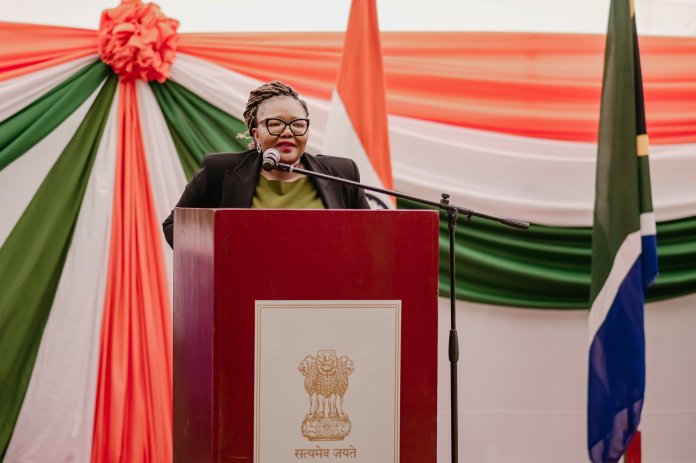
A Decision Awaits
As the December 13 deadline draws closer, the president faces a difficult decision. On one hand, resolving the disputes over the BELA Bill is crucial for advancing education reforms and addressing public concerns about inclusivity and fairness in the school system.
On the other hand, any decision regarding Minister Gwarube’s future must balance political considerations within the ANC and the broader coalition government.
For now, all eyes are on President Ramaphosa, whose decision on the BELA Bill and Gwarube’s position will have significant implications for the future of education policy in South Africa and the stability of the ANC-led government.
#Minister #Gwarube #president #hire #fire #prerogative
